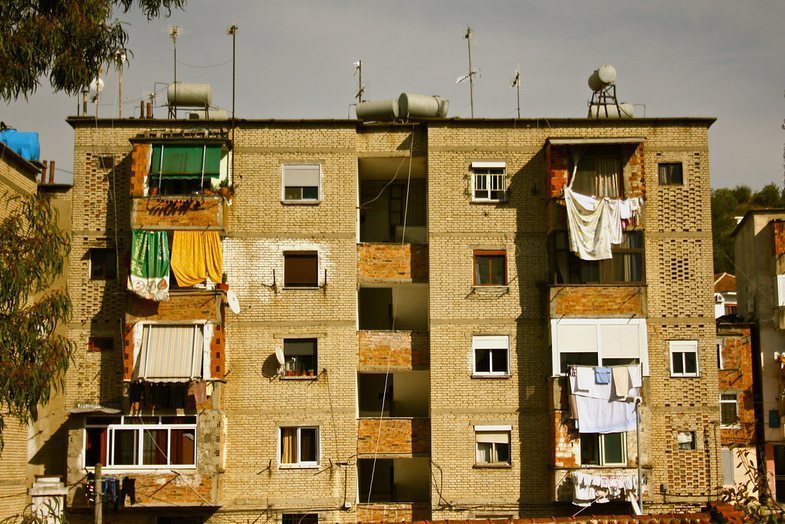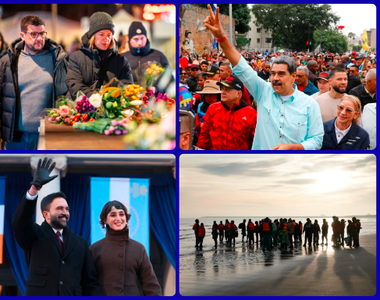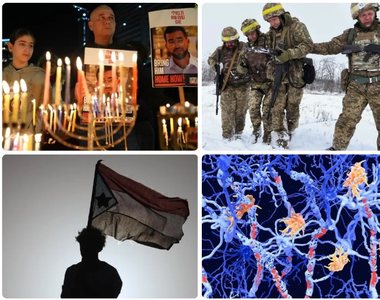
Investigations into the serious tragedy in the Josifi family are still ongoing by the competent authorities, while the relatives of the victims have made some public statements to the media. Zhaneta Josif's brother, who lost his life along with his daughter, Anisa, because they both refused to eat because they believed in the resurrection (referring to preliminary investigations) told News24 television some details about the family in question.
Selman Fejzo confessed that for two years he had not met his niece, Anisa, and he was not aware of whether they were following a certain religious sect and which one in particular. He testified that Anisa did not go out when she went home. "They told us he was at home, reading, sleeping. "We never thought it would happen."
Among other things, he stressed that the police should have acted better, as according to him, he had communicated to the officers that he had no contact with his niece, Anisa, while they told him that "sisters and daughters are fine".
Anisa Josifi is thought to have died 15 months ago after refusing to eat. According to preliminary data, it is thought that the mother and sister painted her body with an oil and vinegar-based solution to protect her from decomposition. "We never smelled bad at home," said Janet's brother.
Meanwhile, Fejzo added that Zhaneta's husband passed away about 16 years ago. He committed suicide after aggravated psychological condition caused by surgeries on one side. According to Fejzo, the brother-in-law had suffered a thrombosis and could not cope emotionally with the fact that his arm had to be amputated.
Another family member, Zhaneta Josif's brother-in-law, told Top Channel in an interview that Blerta, the only surviving girl, during family conversations, seemed to want to show something. "Janeta [sat] on the same sofa with Blerta. [She was afraid] of not betraying him, because Blerta was tempted to say something, ?said Sotir Kristollari. Like the girls' uncle, he did not communicate with Anisa for a long time, despite their insistence on meeting the deceased girl.
Kristollari said that the Josifi family had contact with a religious sect from the Netherlands operating in Përmet.





